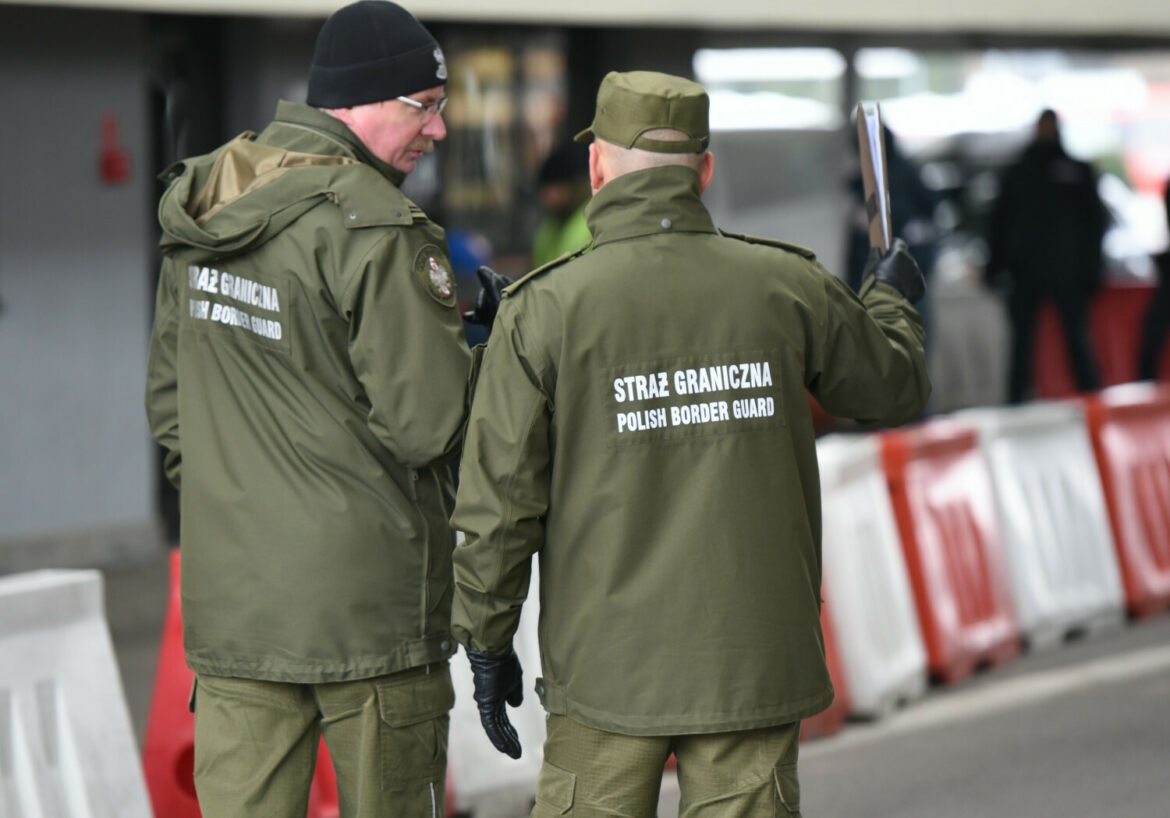Since 26 September, new regulations have come into force, according to which citizens of the Russian Federation will not be able to enter the territory of the Republic of Poland through the external border for economic, sporting, tourist, or cultural purposes. The possibility to enter through air and sea border crossings has also been restricted.
It should be recalled that a week ago, on 19 September, Poland tightened entry restrictions on Russian citizens, which were currently in force based on a decree of the Minister of Internal Affairs and Administration. This was the result of an agreement between the Prime Ministers of Poland, Estonia, Lithuania, and Latvia.
As part of these arrangements, a common regional position on travel opportunities was developed. This initiative aims to mobilise the other member states of the European Union and its institutions to adopt a common position on restricting, other than necessary, travelling by Russian citizens.
The amendment added a separate provision that restricted the entry of Russian Federation citizens at all EU external border crossings. It also reduced the scope of exceptions to exclude travel by Russians for tourism, business, cultural and sporting purposes. The exceptions to the entry ban include people who are dissidents. This also applies to humanitarian cases, residence permit holders, transport drivers or members of diplomatic missions.
Effective from today, the new restrictions at airports and seaports mean that Russians travelling for tourism, business, culture, and sport will not fly or enter Poland from any country outside the Schengen Area.
As Lieutenant Anna Michalska, a spokeswoman for the Border Guard, reported on Sunday 25 September, dozens of Russians have been refused entry to Poland in the past week, and the Border Guard is not seeing an increase in traffic following the Kremlin’s announcement of partial mobilisation.
Adrian Andrzejewski





